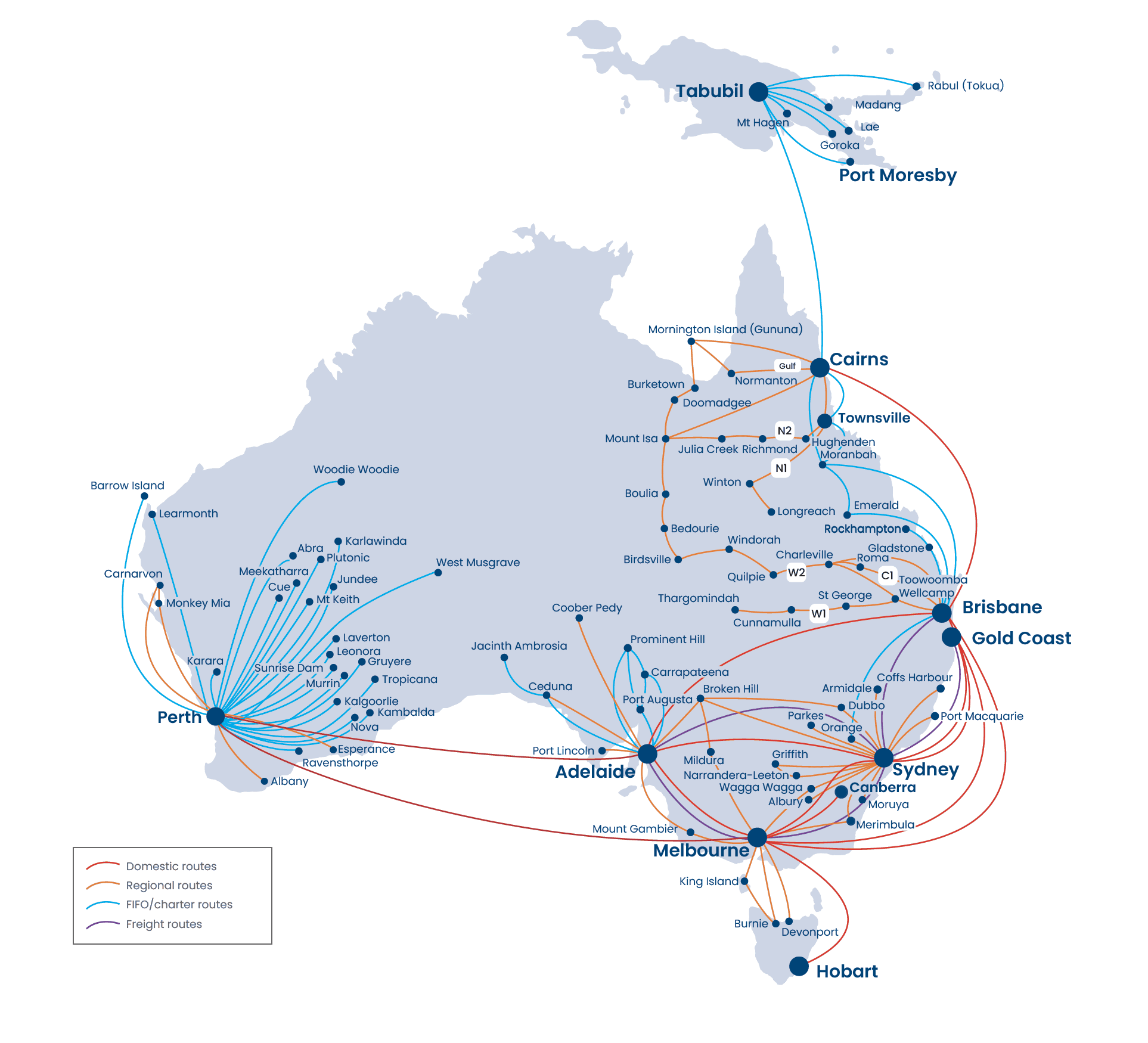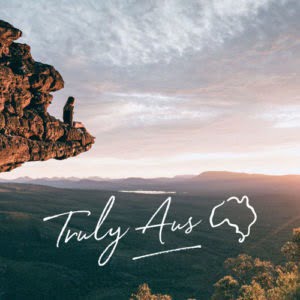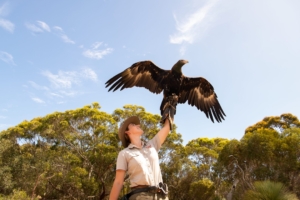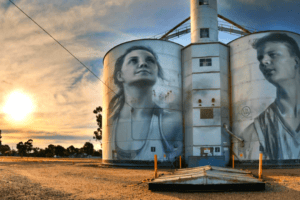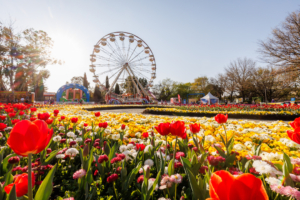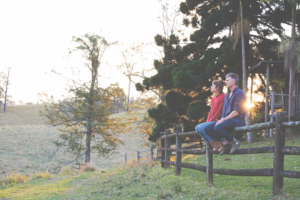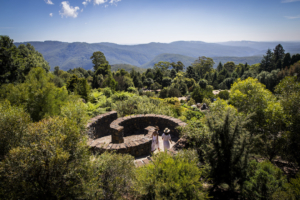Behind the mystique of the remote Northern Territory homelands of the Yolngu people in East Arnhem Land lies a fun, involving way to stay with an Aboriginal Yirrkala Country clan.
Journey into East Arnhem Land, NT
Frowning at a reddening sand-fly bite on my shin, I realise this is an opportunity to learn a little bushcraft. I turn to Marcus Lacey, an elder of East Arnhem Land’s Yolngu people, teacher and family patriarch, in the hope of finding some mystical cure to this eternal Top End nuisance. He glances over.
“Don’t scratch it,” he says. “Just rub it. Scratching only makes it worse.” For this citified white girl, the prospect of staying on the Yolngu homelands for a few days threw up all sorts of preconceived notions and a vague worry of foot-in-mouth-ness. After all, this isn’t some fourth-grade lesson in Aboriginal Australia; this is real life for the two moieties of Dhuwa and Yirritja people, who hold a prominent place in the history of the world’s oldest living culture.

History of the Yolngu people
The Yolngu (more correctly spelled Yolŋu and roughly pronounced ‘YOL-nyo’) present a strong, cultural face to the world. Their songlines are relatively intact in comparison to many others in Australia. Their language, in its dozen or so dialects, is living, breathing and important. And their relationship with and of the land here is obvious, practical and unbreakable.\
The Yolngu’s bark petitions were presented in 1963 to protest against the bauxite mining which began in the 1950’s. This paved the way to statutory Aboriginal land rights and the Mabo decision. Most recently, when Prince Charles visited Arnhem Land during the Commonwealth Games in April 2018, he was unexpectedly presented with a message stick requesting his help to form a treaty to acknowledge Yolngu sovereignty of their land. These are not people who shy away from saying what they think and actioning what they say. They take their position seriously as proud carriers of the oldest living culture in the world.

Intrepid Travel in Arnhem Land
But for all the politics, history and perceptions, a visit to the Yolngu homelands is wonderfully every day. Taking care not to scratch my sand-fly bite (Marcus is right), I am joyfully immersed into the day-to-day doings of a close and happy clan. This place has often hosted school groups but has now opened up to small, intimate groups with Intrepid Travel. Basic but good-quality tents are already set up for us, overlooking the spectacular beach and close to the amenities building. It’s glamping, down-to-earth Yolngu-style.

Through the eyes and eager explanations from Marcus and the more taciturn Randy Yibarbuk, my impression of the starkly beautiful country transforms from seeing trees, beach and animal life to seeing supermarket, chemist, temple and university. Those ‘calendar trees’ there, as Marcus refers to them, tell when sharks are in the bay, and even how plentiful they are. The stringybark smells just like a hospital and the moist bark is great for toothache.
Walkabout in Arnhem Land
“Walkabout as a concept is misunderstood,” explains Marcus. “It’s like studying up on family history in the library. This bush is our university; the trees, the land – it’s all knowledge, and there’s a lot to learn.”
I realise that taking us on a bush tucker or medicine tour is more than just showing us a bit of culture; it’s bringing us into the heart of Yolngu life, past and present, right here.
As we walk the country, I notice that Marcus and Randy rarely talk aloud. The Yolngu are renowned for their complex sign language and I see their hands are often involved in silent conversation. Randy is a fantastic hunter and his quietude is a big advantage on that front. He and the other men bring a steady stream of food from the abundance of the bay. We help prepare the exotic (and tasty) treats including gigantic crab, stingray meat and shark liver. The latter two ingredients are carefully prepared, mashed together and squeezed of excess moisture; the result challenges my preconceptions a little but is quite delicious.

Spending time with Yolngu women
For all my fantasies of learning to throw a spear or catch dinner, the fact that I’m female means there are other plans for me. Frankly, I baulked at the idea of sitting weaving baskets while the men got to do the macho stuff. But that quickly fades when my girls’ own adventure begins.
The clan divides the jobs into women’s and men’s business. The women gather on woven mats under shade with associated children and animals; one day, a dog and her mewling puppies feed alongside us. The next day, a clingy kangaroo joey, rescued from her deceased mother’s pouch, takes turns curling up in our laps.

The women have painstakingly gathered hundreds of tiny sea-snail shells and generously share them with us, so we can thread necklaces as a meaningful souvenir. To my surprise, it turns out to be the aforementioned basket-weaving that brings the challenge. Packing up a machete, a digging stick and young hangers-on, we hit the trails through the bush in their four-wheel-drive. The first task is easy – gathering pandanus leaves to dry – but then the hunt begins for some very specific plants. Bridging the language gap and putting in some serious muscle, we finally hunt down what we’re looking for; two distinct plants with startling, bright roots that will make fabulous colour dyes.

I’m so enthralled in the task at hand – the crushing, boiling, and weaving that follows – that time passes in easy silence or women’s business chat. The simplicity and absorption into the practicalities of the homelands ultimately forms the real magic of the visit here.
When we see the menfolk return, their faces are shining with sweat and the thrill of throwing a spear. The turtle and shark have been pretty safe for the afternoon, I suspect, until Randy heads out to stalk the shallows once again. Some have retired to sing with Marcus’ guitar, some to chat through the complexities of Yolngu intermarriage in an ‘ask me anything’-style sit-down. I settle in to catch the last of the sunset and weave my pandanus, just a little more.
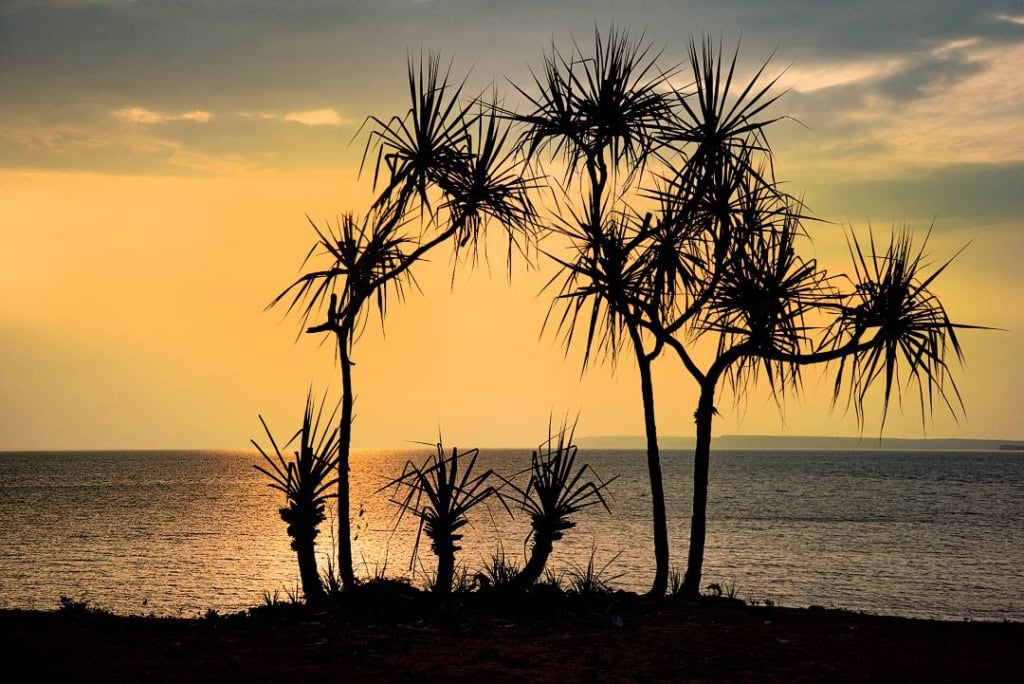
Read more about other ways you can connect with Australia’s indigenous history, culture and people here.


